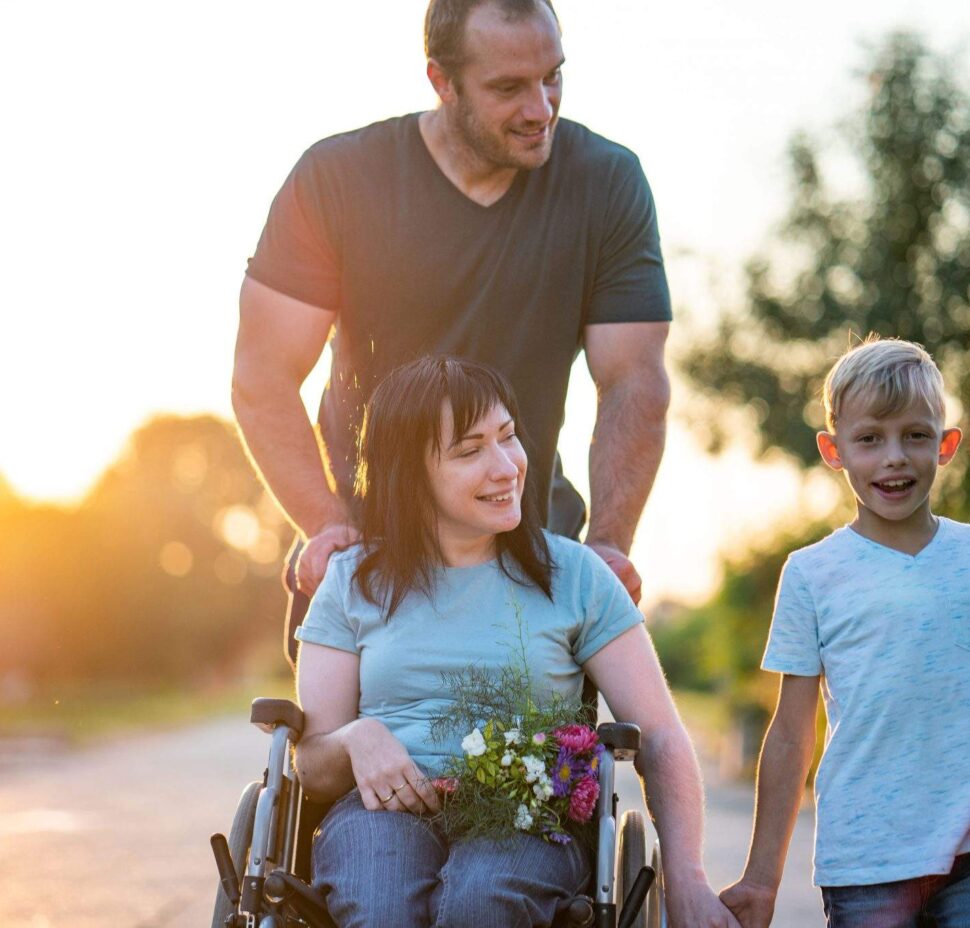A USA Today poll revealed that 41 percent of baby boomers with living parents are providing some kind of care to them, either financially, personally or both and an estimated 34 million unpaid caregivers in America provide an average of 21 hours a week of care.
When you realize that an older adult in your family needs extra help, a few options come to mind: move him or her to an assisted living facility, hire a caregiver or move in to do the caregiving yourself. This is a challenging decision for many people and requires some serious thought. Before you jump to a conclusion, consider these points:
Finances. By taking on caregiving responsibilities full time, you limit the amount of time you can spend working and making money. Many adult child caregivers have to leave their job to properly take care of their loved one. Without a job, you not only lose income but also lose input to social security and a personal retirement fund. According to a study by Community, Work and Family, every hour per week that an adult child spends taking care of an aging parent brings them 3 percent closer to losing income.
Time. Caregiving is a big responsibility. Your loved one may need trips to the doctor, medications, help with paying bills, cooking and cleaning help, etc. This may mean less time with your own family and friends and less flexibility for days off or vacation time.
Personal Health. The longer a family member spends as a caregiver, the more likely she is to put her own health at risk.
Career. Most family caregivers maintain their role for at least four years, according to a study by National Alliance Caregiving. If you plan to go back to work after your time as a caregiver, will you still have the skills and contacts you need for your career?
Logistics. If you plan to take care of your parent or loved one, consider your living and transportation needs. Will you stay in your home or move in with your parent? Will you need a car that is more accessible to him or her?
Emotional toll. Becoming your parent’s caregiver means you will essentially become your parent’s “parent.” This changing role can be stressful as you take on responsibilities your parent used to perform for you.
Plan ahead. If you are considering being the primary caregiver for a loved one, weigh these options and see if you can manage your time, money and health well enough to do so. If the answer is no, and your loved one wishes to stay at home rather than move into an assisted living facility, then it might be time to hire a caregiver.
